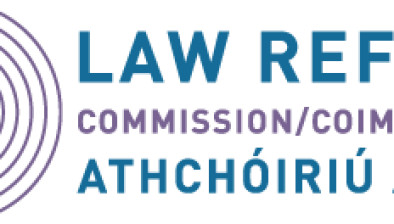Decline in use of suspended sentences may be down to misapplication of case law

A sharp decline in the use of suspended sentences in Ireland may be down to sentencing courts failing to correctly apply two key principles, the Law Reform Commission has suggested.
The law reform body’s new report on suspended sentences recommends that the newly-established Sentencing Guidelines and Information Committee (SGIC) should conduct further research to establish whether courts are following the principles set out in O’Keefe and Mah-Wing.
Both principles should be “enshrined in a generic sentencing guideline drawn up by the SGIC”, the commission said, which should also make clear that suspended sentences should be proportionate and reasonable.
The report cites figures from the Courts Service showing that the proportion of sanctions which were suspended in the Circuit Court declined from 40 per cent in 2006 to 17 per cent in 2017.
The commission said this decline could be due to sentencing courts failing to apply the O’Keefe and Mah-Wing principles, though noted that it “may also have been caused by other factors”.
For example, it highlighted the “substantial amount of litigation” around section 99 of the Criminal Justice Act 2006, which led to the finding in Moore v DPP that subsections 9 and 10 of section 99 were unconstitutional.
“It could be argued, therefore, that these issues had a stultifying effect on the extent to which the suspended sentence was used by sentencing courts,” the report said.
The report also recommends against expanding suspended sentences to include children, in light of the need for offences and punishments to be closely linked in time in the context of child offenders.
However, it acknowledges that there is merit in a sentencing court having at its disposal sentencing options that are similar to the part-suspended sentence and, in that regard, makes some observations regarding the “ageing out” problems associated with the sentencing options available for child offenders.









